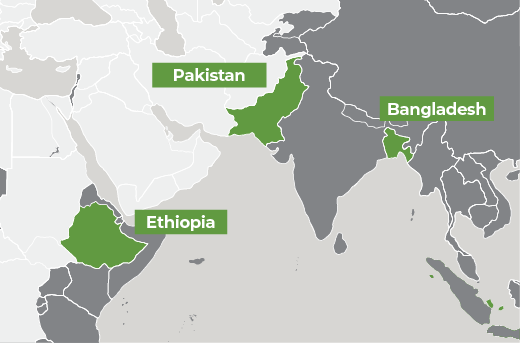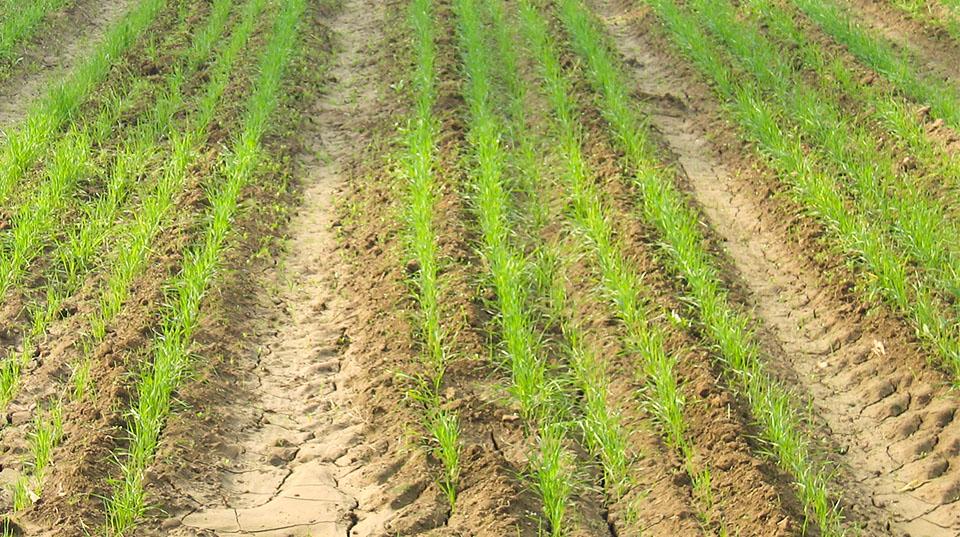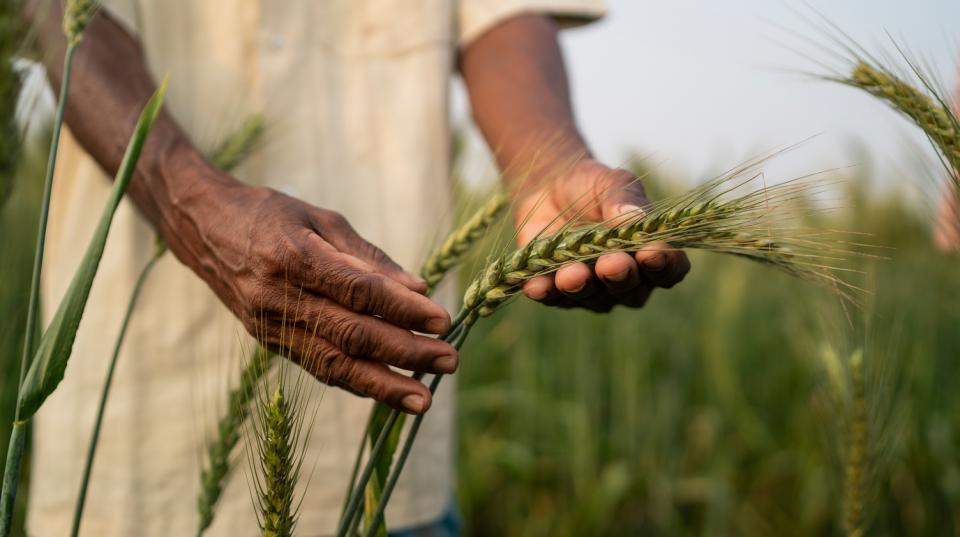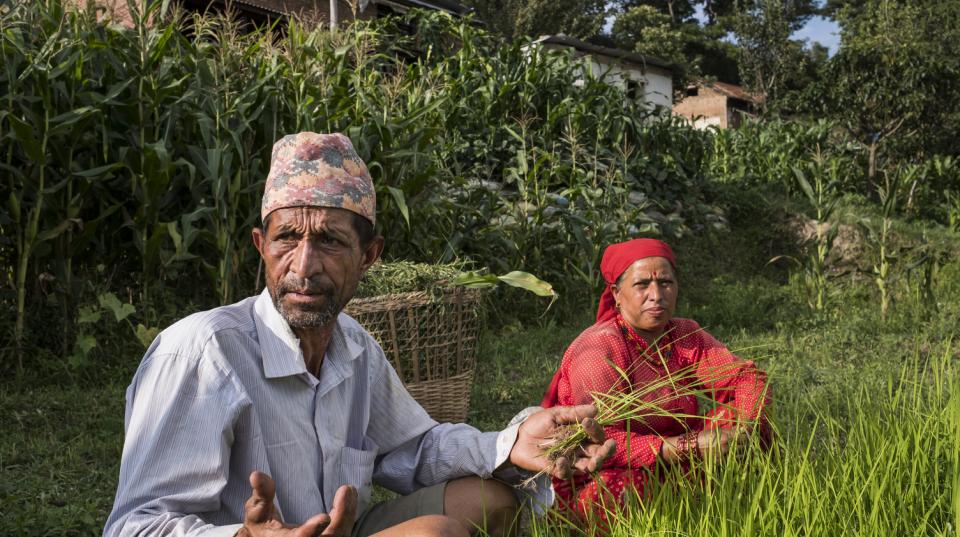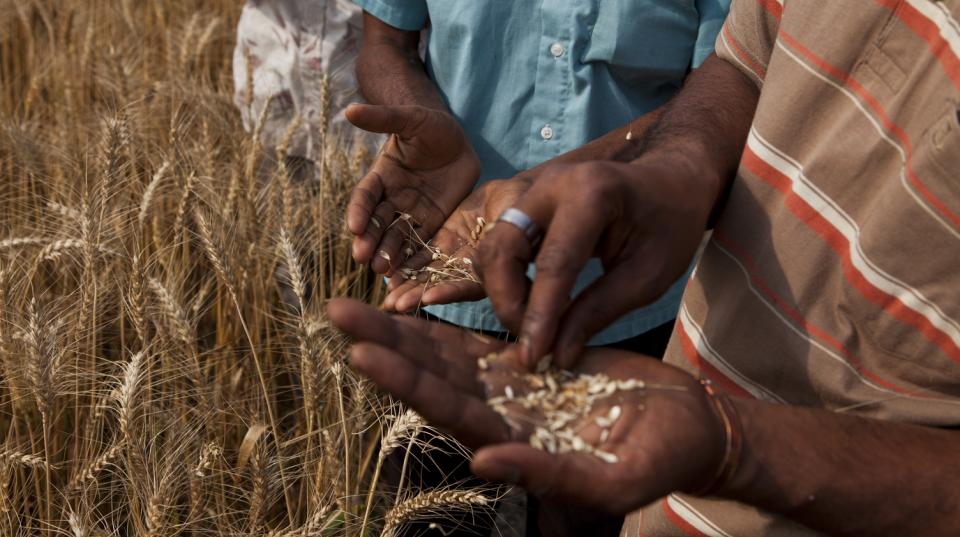Overview
This project aims to extend the benefits of hybrid wheat to researchers, wheat breeders, farmers and consumers in Pakistan, Bangladesh, and Ethiopia by establishing a hybrid wheat seed industry in each country.
The project proposes to validate the opportunity offered by the recent implementation at the University of Sydney (USYD) of a novel, cost effective and practical system (referred to as the BLA system) to rapidly produce large numbers of wheat hybrid combinations for testing in breeding programs, and to produce at an acceptable cost, large amounts of hybrid seed for sale to farmers.
The feasibility of introducing hybrid wheat, including assessment of hybrid high-performance (thereby providing motivation) and seed affordability (thereby providing accessibility), will be established in Pakistan, Ethiopia and Bangladesh. If successful, the project would establish new wheat seed industries in all three countries. However, the impact could extend globally using all four countries (Australia included) as models. These new seed systems represent novel and more nimble seed industries that can respond quickly to changes in the environment, including disease resistance breakdowns. The 3 target countries comprise large numbers of wheat consumers (100s of millions) and producers (millions) and thus the scale of impact is significant.
Expected activities and outcomes
- Determining hybrid vigour and yield stability, based on multi-year and multi-site trials.
- Producing and testing of F1 hybrids locally, in multiple environments.
- Identifying: Elite hybrid with commercial potential; New hybrids resistant to local rust races; Rust genes effective in each country.
- Maintaining the BLA system for future seed production.
- Determining cost effective and efficient sowing arrangements for producing hybrid seed.
- Establishing: Farmers’ needs and requirements for hybrid seed; Market acceptance of hybrid seed and grains from hybrids.
- Local staff skilled and trained in F1 hybrid seed production, and in commercial scale hybrid seed production.
- Community views obtained, analysed, synthesized and reported.
